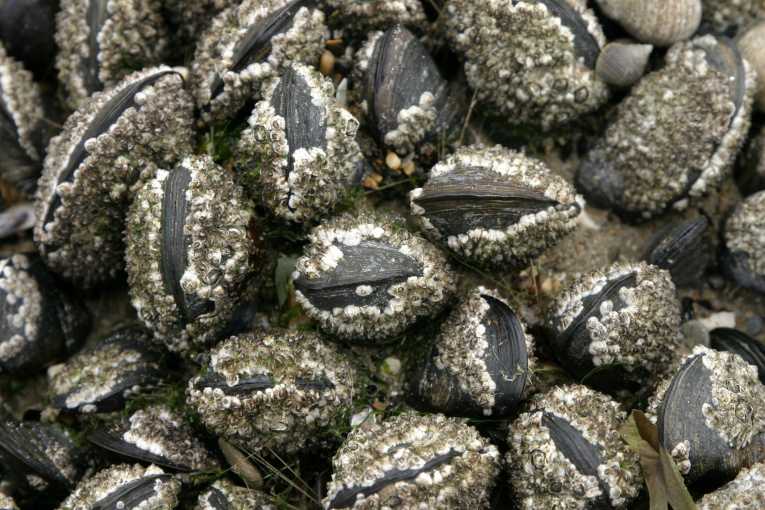Ocean acidification could significantly affect the number of California mussels (Mytilus californianus) reaching maturity and consequently, have a detrimental impact on the marine ecosystems of Californian coastal regions. That's the results of a report in the Journal of Experimental Biology made by researchers at the University of California.
The group ran experiments based on statistics regarding ocean acidification from the Intergovernmental Panel on Climate Change, a body set up by the United to study the impact of climate change. Using acidity projections based on the amount of greenhouse gases expected to be released into the atmosphere in coming years through the burning of fossil fuels, the team found that even small increases in water acidity led to weaker shells and a lower body weight in the mussels.
The team, led by Brian Gaylord, an associate professor of evolution and ecology at the UC Davis Bodega Marine Laboratory, showed that as acidity increased, the survival rate of the molluscs decreased. Thinner shells meant that the mussels were more prone to drying out at low tide and also left them more vulnerable to predators.
"Together, these trends suggest that we're likely to see lower survivorship of young mussel as they return to shore," said Professor Gaylord.
Perhaps the most worrying aspect of the report is that so many other species are dependent on the Californian mussel. As a result, any decline in the species could impact ecosystems all along the pacific seaboard. The researchers believe up to 300 species could be affected from Alaska to California.
Ocean acidification is the process by which the sea absorbs CO2 from greenhouse gases in the atmosphere. It is known that the acidity of the planet's waters have been increasing since the industrial revolution and will continue to do so with sustained use of fossil fuels.
Top Image Credit: Mussels © zimous










